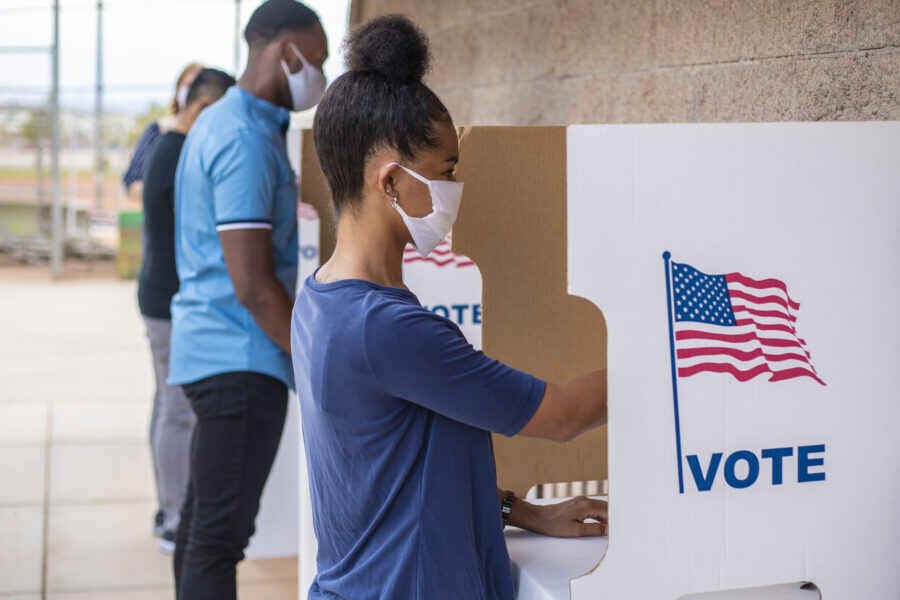
Assessing Efforts to Ensure Equitable Access to Broadband Services that Support Public Health
Law & Policy InsightsCOVID-19 and Health EquityTelehealthTribal HealthMechanisms for Advancing Public HealthRural HealthToday, home broadband service can connect people to a wide range of services that support healthy outcomes; however broadband is one of the most unequal essential services in the United States. Individuals who lack high-speed broadband service at home are unable to access their classrooms, jobs and job opportunities, telehealth services, social supports, civic opportunities, and even disaster relief information.











